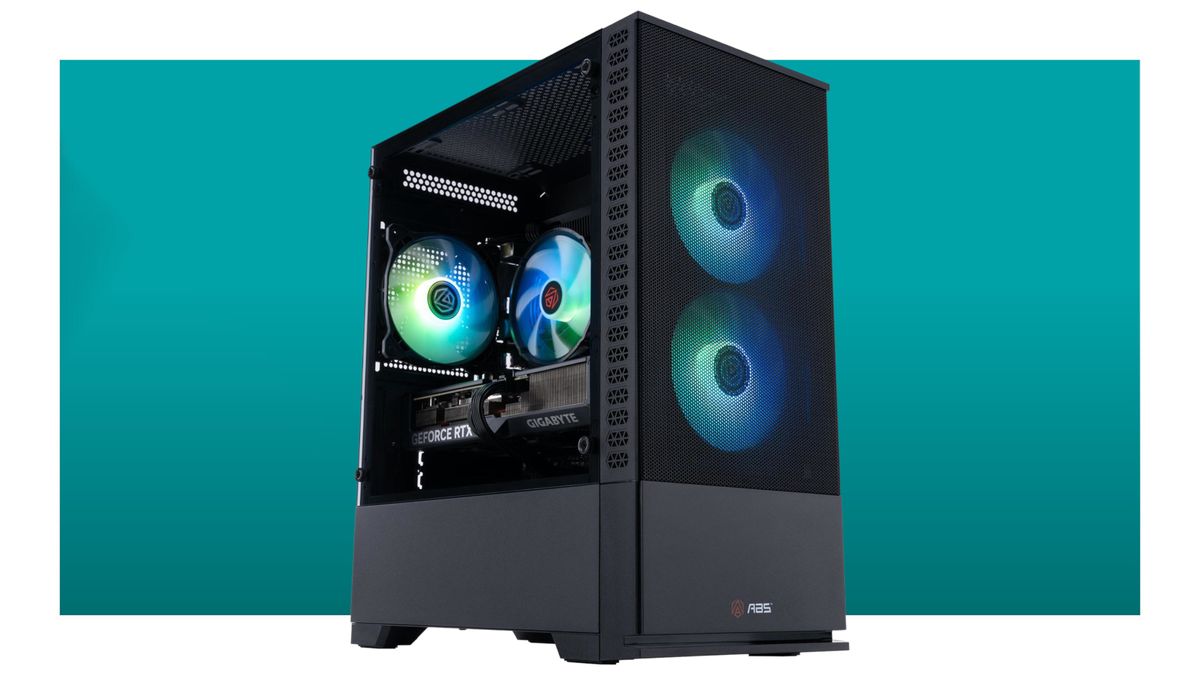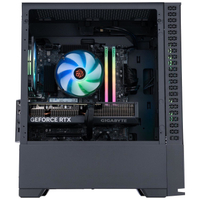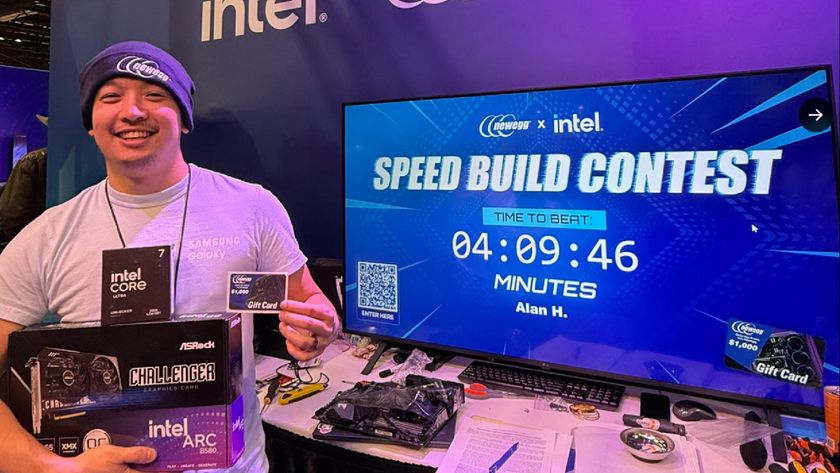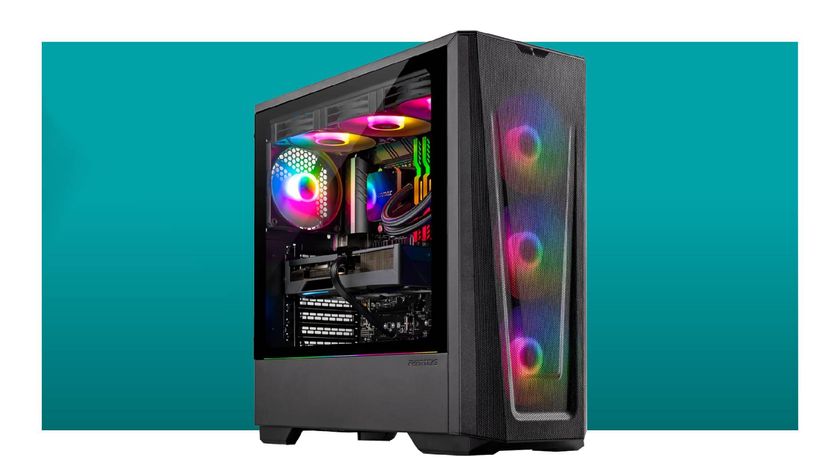Instead of shelling out for an RTX 5070, grab yourself an entire RTX 4070 gaming PC for $1,200 instead
Not that I'm expecting RTX 5070s to cost this much. Heavens above, I hope not.

ABS Cyclone Aqua | RTX 4070 | Core i5 14400F | 32 GB DDR5-6000 | 1 TB SSD | $1,599.99 $1,199.99 at Newegg (save $400)
Ignore the actual saving here, as this model's original selling price is quite old. Instead, focus on the good parts: an RTX 4070, a Core i5 14400F, and bags of fast DDR5 memory. A perfect combo for a mid-range gaming PC.
Price check: Amazon $1,199.99
It's not long until Nvidia launches the GeForce RTX 5070, the mainstream entry in the new RTX 50-series, but given what the stock and price situation has been like for the latest Blackwell GPUs, I suggest that you just skip the queues altogether and grab yourself an RTX 4070 instead.
I have two myself and use them on an almost daily basis for testing hardware and the performance of games. The RTX 4070 is a genuinely great mid-range GPU, more than capable of running any game you like at 1440p. It'll even cope with 4K in some cases, though you'll need to make use of DLSS upscaling and Frame Generation to get decent frame rates.
However, trying to find one at any of the main retailers is a real challenge at the moment. Plenty of third-party sellers have them but many are being sold at well over the recommended retail price.
One solution is this ABS Cyclone Aqua desktop gaming PC that's a cent under $1,200 at Newegg. Now, I'm not suggesting anyone goes out and buys a whole new PC just to get a certain graphics card, but if you are looking to get a new rig, then you could do far worse than this one.
That's because the critical components surrounding the RTX 4070—the CPU and RAM—are both great choices for mainstream gaming. Intel's Core i5 14400F doesn't grab the headlines but it has more than enough poke for gaming. With six P-cores, four E-cores, and 14 threads, it's capable as an all-round chip. Just think of it as a slightly slower, but much cooler, Core i5 14600K.
Don't be put off by the simple air cooler used in ABS Cyclone Aqua. The 14400F has a base power limit of 65 W and it tops out at less than 150 W, so the surprisingly wide blower will cope just fine.
Intel's Raptor Lake processors love fast RAM and that's what you're getting here: a full 32 GB of DDR5-6000. Cheaper RTX 4070 gaming PCs usually sport half as much memory or a slower kit.
The only thing that's disappointing in this build, to my eyes at least, is the 1 TB SSD. It's not the capacity that's the problem, it's the fact that it's a Kingston NV2 solid state drive. Despite using a PCIe 4.0 interface, it's not especially fast, though if you're upgrading from a PCIe 3.0 SSD or even a SATA SSD, it'll seem more than quick enough.
Fortunately, the MSI motherboard has a second Gen4 M.2 slot, so you'll be able to grab another cheap but fast SSD and store all your games on that drive.
But that's it for complaints from me. The RTX 4070 model is a big triple fan one from Gigabyte, so you know it'll run cool as a cucumber in a fridge, and while the motherboard doesn't support Intel's latest Core Ultra 200S chips, you could always stick in another Raptor Lake processor if wanted more threads in the future.
I wouldn't, though. I'd just sort out the SSD situation and then sit back and enjoy everything's that great about PC gaming on a great gaming PC. RTX 50 queues schmooes.
The biggest gaming news, reviews and hardware deals
Keep up to date with the most important stories and the best deals, as picked by the PC Gamer team.

Nick, gaming, and computers all first met in 1981, with the love affair starting on a Sinclair ZX81 in kit form and a book on ZX Basic. He ended up becoming a physics and IT teacher, but by the late 1990s decided it was time to cut his teeth writing for a long defunct UK tech site. He went on to do the same at Madonion, helping to write the help files for 3DMark and PCMark. After a short stint working at Beyond3D.com, Nick joined Futuremark (MadOnion rebranded) full-time, as editor-in-chief for its gaming and hardware section, YouGamers. After the site shutdown, he became an engineering and computing lecturer for many years, but missed the writing bug. Cue four years at TechSpot.com and over 100 long articles on anything and everything. He freely admits to being far too obsessed with GPUs and open world grindy RPGs, but who isn't these days?
Most Popular











